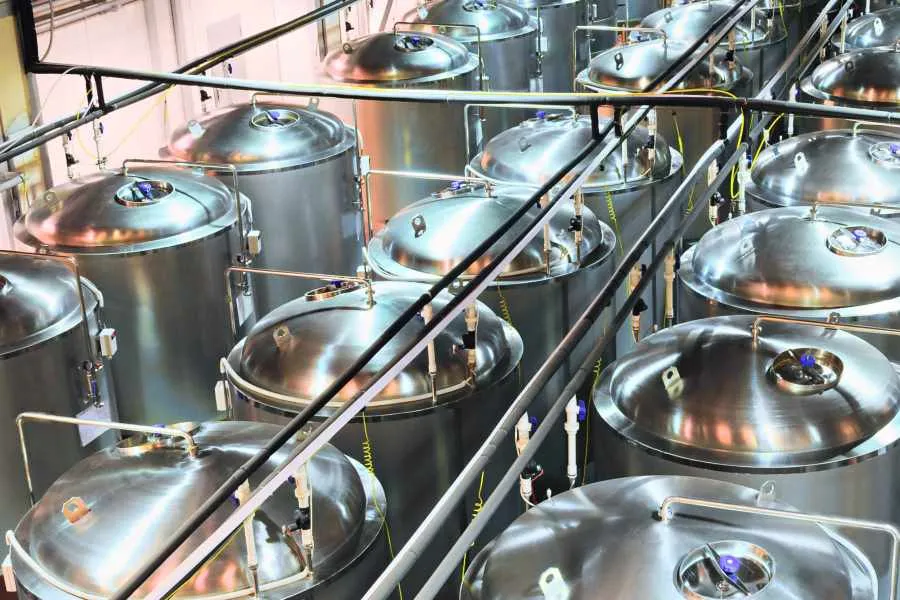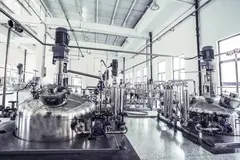Key takeaways
- New Wave Biotech partners with CPI to improve lipid extraction processes for the personal care industry.
- The partnership uses AI-powered simulations to optimize lipid extraction, reducing the need for trial-and-error and improving cost-efficiency.
- The collaboration aims to enhance scalability and sustainability in the cosmetics industry by developing more efficient bioprocessing methods.
New Wave Biotech has partnered with the Center for Process Innovation (CPI) to tackle “one of the most prominent challenges in biotech” for personal care — lipid extraction.
The hybrid AI-powered downstream process is said to help companies reduce trial and error in testing and increase efficiency.
New Wave Biotech says there is an increased demand for lipids in the cosmetics and personal care industry.
“The personal care and cosmetics industry is seeing a wave of innovation around new products and increased sustainability, and bioproduction is at the heart of this. However, it is a massive challenge for producers to create new ingredients at the right scale and purity, while also competing on price and sustainability,” Nix Hall, CTO of New Wave Biotech, tells Personal Care Insights.
Lipid-based ingredients are increasingly being used in cosmetics. Therefore, unlocking more efficient downstream lipid processing allows for faster, more reliable scaling up of sustainable alternatives that improve affordability and supply resilience.
“That’s where our platform comes in — computational modelling allows users to explore vastly more options than they can in the lab.” She adds that the technology allows companies to hit their milestones faster,” says Hall.
She explains that personal care brands can compare extraction routes early, build defensible cost and footprint cases for procurement, and go to market faster with documentation that supports claims and compliance.
The partnership will also extend to intracellular bioprocesses, exploring how digital-first methods can improve scalability across multiple applications.
 The collaboration aims to enhance scalability and sustainability in the cosmetics industry.AI for lipid extraction
The collaboration aims to enhance scalability and sustainability in the cosmetics industry.AI for lipid extraction
According to Hall, efficient lipid extraction is urgent, as it has been a bottleneck for the industry for more than a decade.
“Our hybrid AI-powered downstream process simulation allows users to run tens of thousands of in-silico simulations to optimize lipid extraction, letting teams assess performance, cost, and sustainability trade-offs upfront and reduce trial-and-error,” she says.
Hall explains that the technology rapidly narrows the design space, so innovators spend only valuable and expensive lab time on the most promising routes. It also understands the sustainability and profitability of different process options before committing to a particular production approach.
“This is key in lipids, where typical extraction approaches use hazardous and non-sustainable solvents, while non-solvent-based routes have lower yields and are less proven. Being able to explore and understand these trade-offs in silico allows users to see the bigger picture and choose the process options that suit them best.”
Personal Care Insights recently spoke with Lubrizol, who shared that biotechnology is the future of the cosmetics industry as it increases efficacy and speed while being environmentally sustainable.













